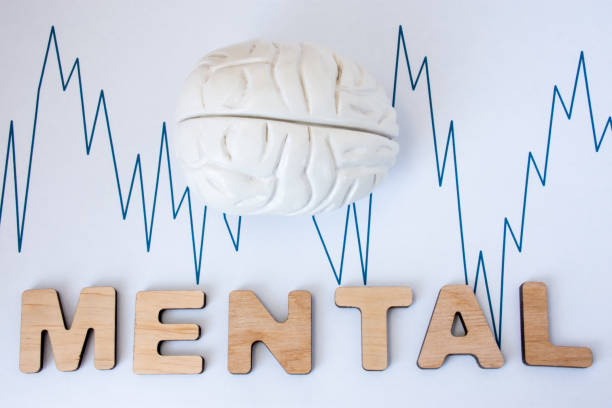Mental Retardation Services at UMEED
At UMEED, we are committed to offering people with intellectual and developmental disabilities—previously known as mental retardation—compassionate, all-encompassing care. Our skilled group of psychiatrists and psychologists collaborates to provide specialized services that meet every patient’s and their families’ distinctive needs.
Treatment and Support at UMEED
Various services are available at UMEED to assist people with intellectual disabilities and their families. Our strategy consists of:
Individual and Family Counseling
To deal with psychological and emotional issues.
Support for Education
Personalized lesson plans to improve growth and learning.
Behavioural Therapy
Methods to lessen problematic behaviours and increase adaptive ones.
Life Skills Training
Courses to build functional abilities for self-sufficiency.
Medical and Mental Health Care
Medical attention and mental health counselling are needed to treat related disorders.
Understanding Intellectual Disability
Intellectual functioning and adaptive behavior are limited in people with intellectual disability, formerly known as mental retardation. These restrictions may impact an individual’s capacity for independent living by impairing their cognitive, social, and practical abilities. Comprehending the diverse facets of this illness is essential for efficient handling and assistance.
Additionally, it’s crucial to recognize that while some individuals may face intellectual challenges, others, such as gifted and talented children, exhibit extraordinary intellectual capacity and potential. At UMEED, we provide specialized services to support the unique needs of gifted and talented children, helping them flourish academically, socially, and emotionally.

What is Intellectual Disability?
Mental retardation is no longer the word used to characterize what is now called intellectual disability. Significant impairments in both cognitive (learning, thinking, and problem-solving) and adaptive behaviour (adaptive behaviour includes a variety of everyday social and practical skills) are characteristics of this disorder.

Causes of Intellectual Disability
Many different factors contribute to intellectual disability, such as genetic disorders, pregnancy complications, congenital disabilities, and health problems that arise in early infancy. Common genetic disorders include Fragile X syndrome and Down syndrome, while pregnancy-related issues can consist of drug and alcohol abuse or malnourishment. Intellectual disabilities can also arise as a result of childhood illnesses like meningitis and birth problems like oxygen deprivation.
Types and Levels of Intellectual Disability
Four types of intellectual disability are distinguished according to the degree of assistance needed:
Modest Intellectual Disability: With little assistance, people with modest intellectual disabilities can acquire social and communication skills. They can live somewhat independently, albeit they might require help with complicated tasks.
Moderate Intellectual Disability: Individuals with this type frequently gain from specialized educational programs and may require more significant assistance with everyday tasks.
Severe Intellectual Disability: People with severe intellectual disabilities need round-the-clock monitoring and substantial assistance with everyday tasks. They frequently experience severe problems with their bodies and health.
Profound Intellectual Disability: People with this level of disability have severe functional impairments and require intensive care for the rest of their lives. There is a lack of communication skills, and fundamental tasks require frequent assistance.
How does Intellectual Disability Affect a Person?
Depending on the degree of the problem, intellectual disability might affect different people. It may affect their capacity for efficient social interaction, daily work completion, and communication. Early diagnosis and treatment are essential to assist people in reaching their full potential and enhancing their quality of life.
Symptoms and Diagnosis
While there are many different signs of intellectual disability, developmental delays, trouble picking up new skills, and difficulties interacting with others are common ones. An extensive evaluation by a psychologist or psychiatrist, which includes adaptive behaviour assessments and IQ testing, is necessary to diagnose the intellectual disability.
At UMEED, we aim to create a supportive environment where people with intellectual impairments can flourish. We are dedicated to providing the best possible care and assistance to enable everyone to reach their most significant potential.
Please contact us to arrange an appointment or for more information about our services. When we work together, we can positively impact the lives of people with intellectual impairments.
